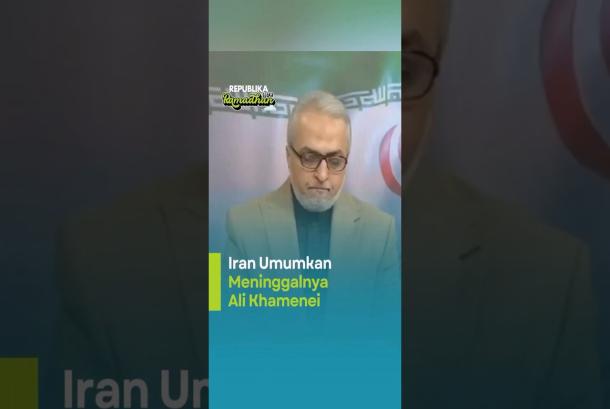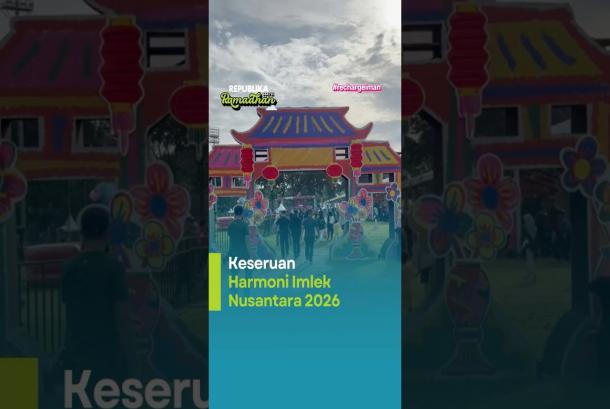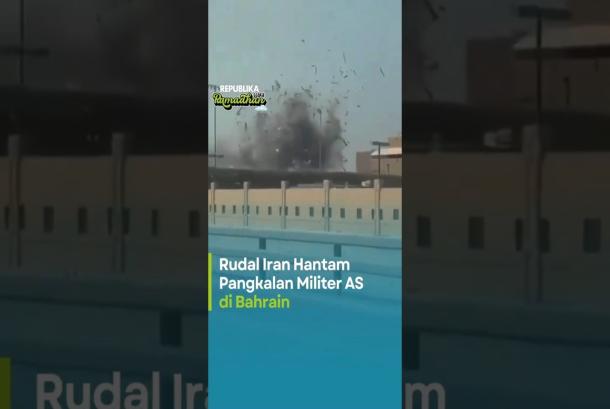REPUBLIKA.CO.ID, JAKARTA -- The Indonesian government should formulate a program for the development of seaweed in the downstream sector to optimize the commodity's potential in various regions for the benefit of the country's economy.
"We support the government's efforts to develop seaweed in the downstream sector, and we hope that the government will prepare the downstream development program maturely and seriously," Safari Azis, the chairman of the Indonesian Seaweed Association (ARLI), stated over the weekend.
He emphasized that in order to optimize the development of the downstream sector, the government should increase the commodity's competitive edge, utilize suitable technology, make adequate investment, and open market access.
If the domestic industry fails to compete with the overseas industry, the government should increase efficiency and productivity.
According to the Marine Affairs and Fisheries Ministry, the country should continue to promote the cultivation of seaweed, improve its quality, and increase its production quantity as the commodity has the potential to become one of the main foreign exchange earners.
"We will always make efforts to increase production quantity and quality. We support the scheme to make the sea as our front yard, as our future, and as the source of our foreign exchange earnings to strengthen the nation's economy," Slamet Soebjakto, the director general for Cultured Fisheries of the Marine Affairs and Fisheries (KKP), remarked.
He noted that seaweed is one of the main commodities in the cultured fisheries sector. It is a mainstay commodity in fisheries production to boost the regional economy and improve the welfare of the coastal community.
The director general said that the government has outlined seven strategies for the cultivation of seaweed that can be implemented sustainably.
"The first is to use the best seeds, the second is to discipline the harvest period within 40-45 days, and the third is to avoid using probiotic fertilizers," he explained.
The other strategies included the efforts to use new or to rotate places of planting and preserve the waters' environment from waste.
Apart from this, the sixth strategy is to avoid drying seaweed on the sand and cleaning it to remove other materials.
The seventh strategy is to immediately cover the drying seaweed with tarpaulins when it rains.
"By applying these strategies, successful and continuous seaweed cultivation can be achieved to support the efforts to increase production and improve quality," he emphasized.
He stated that the seven strategies had been applied in East Nusa Tenggara Province, which is one of the country's seaweed production centers.






